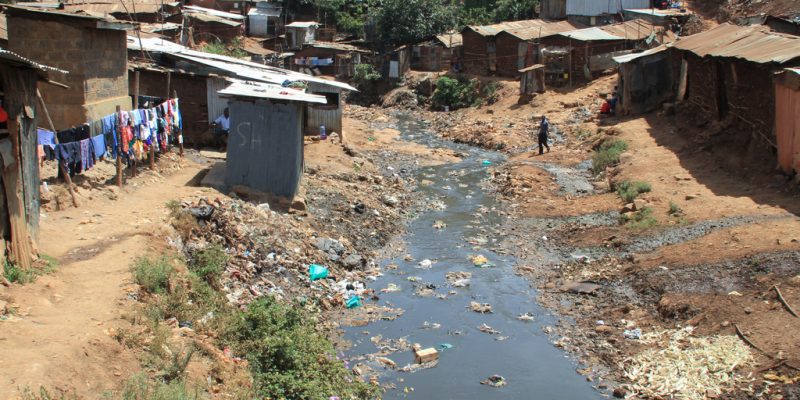A project for the management of plastic waste, wastewater and waste electrical and electronic equipment has recently been launched in Senegal by the Global Green Growth Institute (GGGI) in collaboration with the Senegalese Government. The main objective of the initiative is to support the country in the development of green cities and to improve the living conditions of Senegalese people through the sustainable management of urban waste.
A sanitation project was recently launched in Senegal. It is called “project for the management of plastic waste, wastewater and waste electrical and electronic equipment”. The initiative is that of the Global Green Growth Institute (GGGI), in collaboration with the Senegalese government. It is financed by the Grand Duchy of Luxembourg.
At least 4 years of work
The project for the management of plastic waste, waste water and WEEE (Waste Electrical and Electronic Equipment)” will run for 4 years. With the GGGI, an intergovernmental organisation with which the Government of Senegal has signed agreements for the ratification of the treaty in November 2014, will support the country in the development of green cities and contribute to the improvement of the living conditions of the populations through the sustainable management of urban waste in the Dakar, Touba and Tivaouane cities.
The sanitation project will also promote the creation of value from waste through recycling and recovery, the reduction of greenhouse gas emissions and the organization of waste-related industries in Senegal. The initiative by the Global Green Growth Institute (GGGI) will ultimately create 700 green jobs, benefiting some 500,000 people in various localities. “The specifications also include the promotion of sustainable, reliable and affordable ecological services in the management of plastic waste, sewage sludge, etc.,” explains Abdoulaye Faye of GGGI Senegal.
A national strategy for green growth
To achieve its project on sustainable waste management in Senegal, GGGI and the Senegalese government are planning to put in place a national strategy for green growth. The plan will set a reference framework for the promotion of green and inclusive growth in the implementation of the Emerging Senegal Plan (ESP), the National Strategy for Sustainable Development and the Nationally Determined Contribution. The ESP is the new reference framework for “Macky Sall governance” policies aimed at leading Senegal on the path to emergence by 2035. “This national strategy is about inscribing and strengthening Senegal’s sustainable and inclusive development trajectory in a direction compatible with the principles of green growth,” says Abdoulaye Faye of GGGI Senegal.
Inès Magoum






